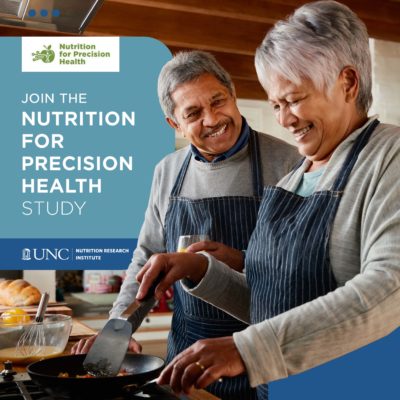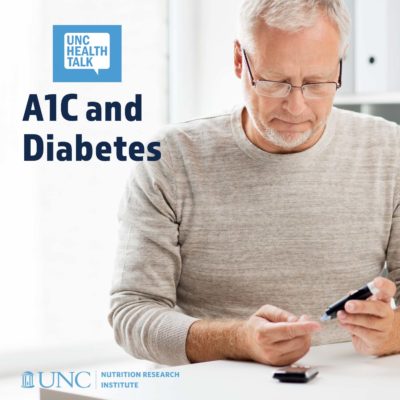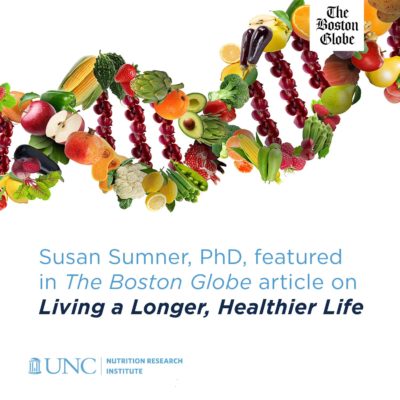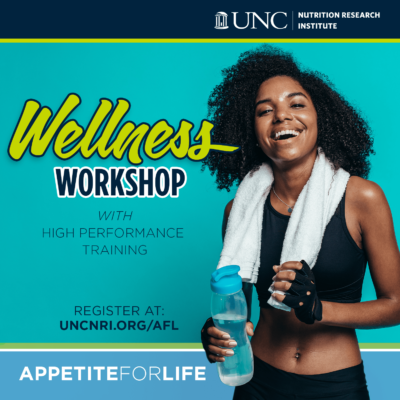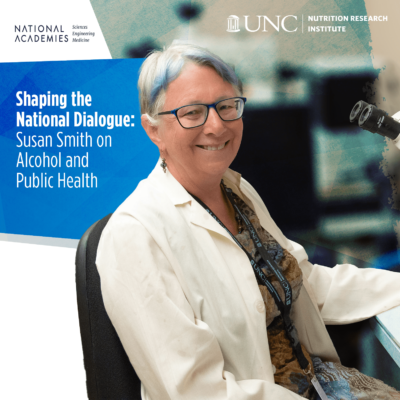Microbiome and Nutrition
The complex community of bacteria, yeasts and viruses living in our intestines, collectively known as the gut microbiome, is shaped, in part, by what we eat. Genetics, environment, and other factors also influence an individual’s microbial community. Research at the NRI investigates these complex relationships and their impact on disease risk. We use animal models and bioinformatics to study the associations between nutritional metabolites, gut microbiome, and health. What happens in the gut doesn’t stay in the gut. Your microbiome can play a role in cardiovascular disease, obesity and diabetes, and even cancer. Our team envisions a future where analysis of your microbiome can determine disease risk, and medical foods can be prescribed to treat and prevent disease by regulating the microbiome.
Publications
Microbiome and Nutrition Publications
2020
Population studies of TMAO and its precursors may help elucidate mechanisms. Meyer K
2019
Association of dietary patterns with the gut microbiota in older, community-dwelling men. Meyer K
2018
Meta-analysis of human genome-microbiome association studies: the MiBioGen consortium initiative. Meyer K
Human microbiota, blood group antigens, and disease. Sumner S
2017
Trimethylamine N-Oxide, the Microbiome, and Heart and Kidney Disease. Zeisel S
2016
Diet and Gut Microbial Function in Metabolic and Cardiovascular Disease Risk. Meyer K
Antibiotic-mediated gut microbiome perturbation accelerates development of type 1 diabetes in mice. Sumner S
Related News
Appetite for Life: Kickstart Your Wellness
On January 30, 2025, High Performance Training (HPT) gym hosted the Nutrition Research Institute for the fourth iteration of our annual Wellness Workshop. Attendees heard from NRI representative, Leah Bouk, who shared insights about the Nutrition for Precision Health...
How the NPH Study is Shaping the Future of Health
The Nutrition for Precision Health (NPH) study has set out to answer a compelling question: Can a personalized diet improve health and help prevent chronic diseases? This national initiative, part of the National Institutes of Health’s All of Us program, is exploring...
A1C and Diabetes
This article originally appeared on UNC Health Talk. If you’ve been diagnosed with diabetes or prediabetes, you may have heard the term “A1C.” This is a blood test that measures your average blood sugar level over the last 90 to 120 days, and it’s a powerful tool for...
Susan Sumner, PhD, featured in The Boston Globe article on Living a Longer, Healthier Life
In a recent The Boston Globe article, Susan Sumner, PhD, a professor of nutrition at the UNC Nutrition Research Institute, discussed the importance of metabolites in understanding lifelong health. The article, titled “What do celery, dark chocolate, and parsley have...
Appetite for Life: Wellness Workshop
Kickstart Your Wellness: Your Personalized Approach to Health in 2025 Register today! Are you ready to start the New Year with a plan that’s as unique as you are? Join us at Appetite for Life: Kickstart Your Wellness, an interactive workshop designed to help you...
Shaping the National Dialogue: Susan Smith on Alcohol and Public Health
The National Academies of Sciences, Engineering, and Medicine recently released a pivotal report examining the health impacts of moderate alcohol consumption. Requested by Congress, this report is intended to inform the next edition of the Dietary Guidelines for...


